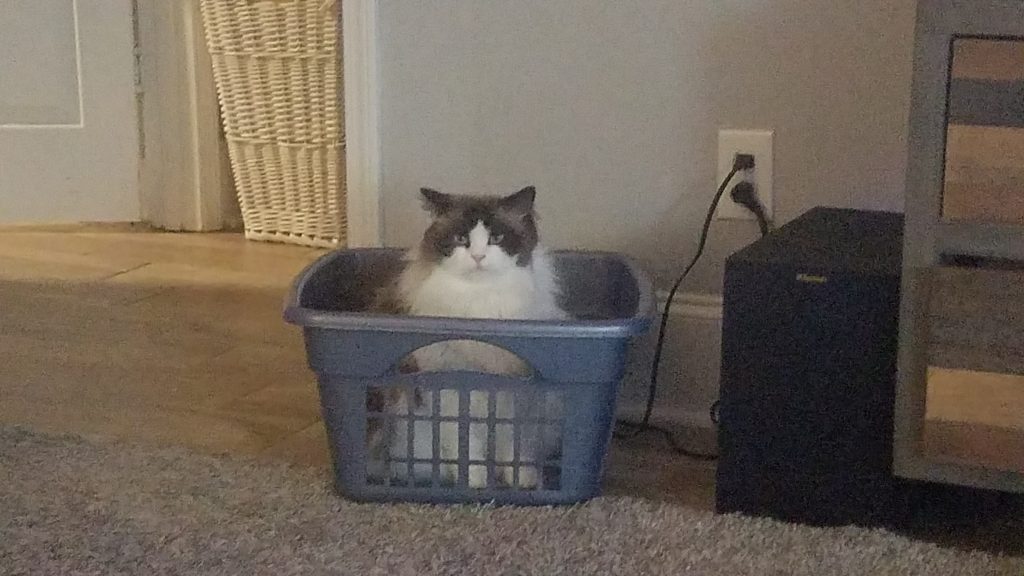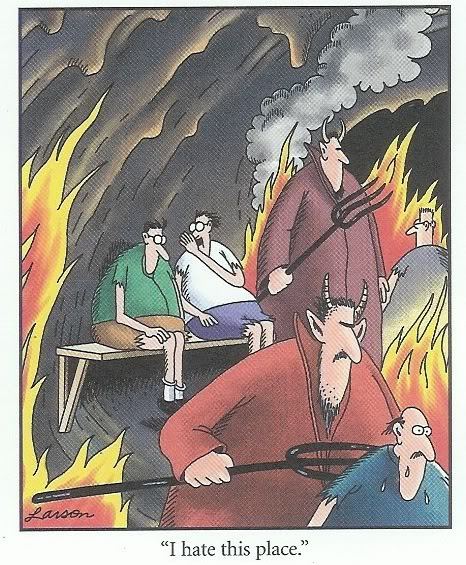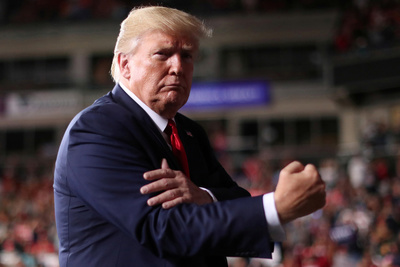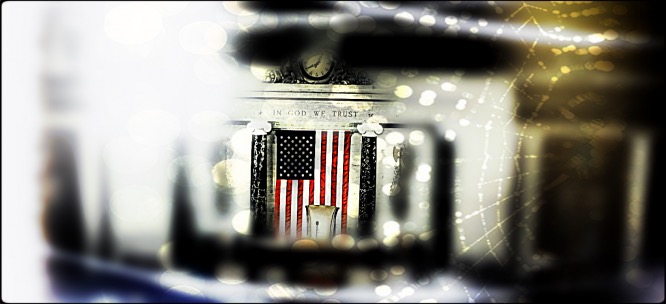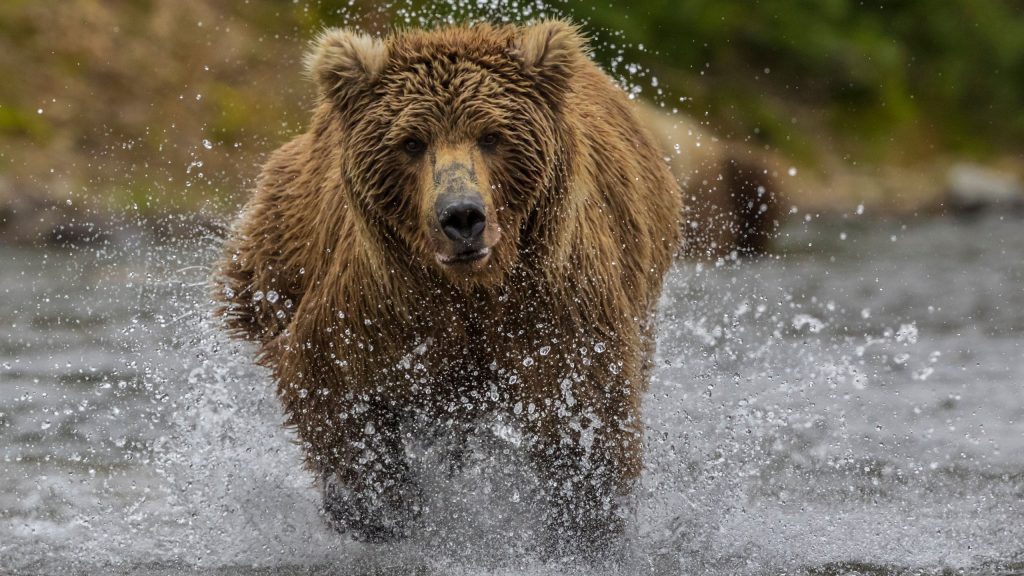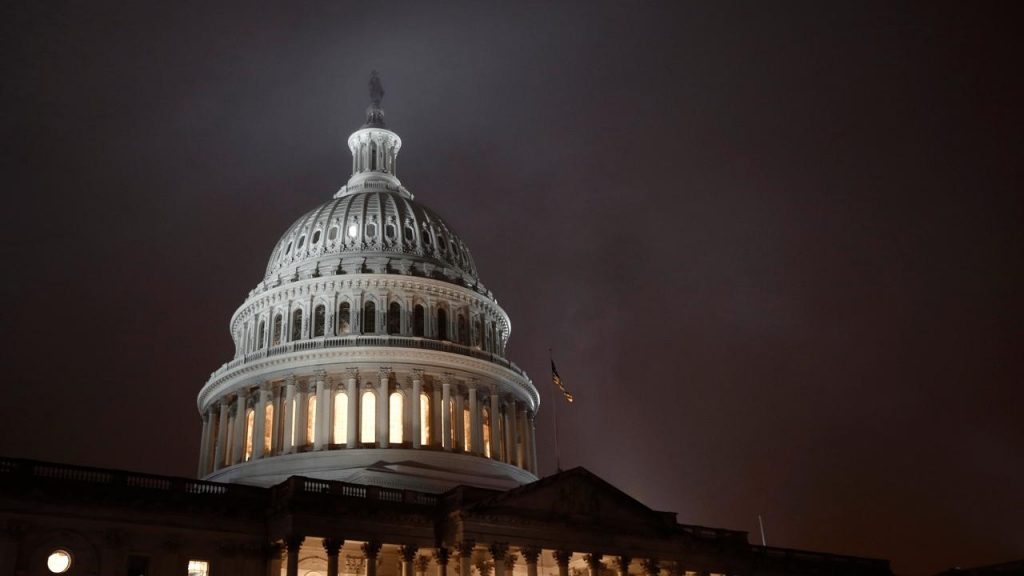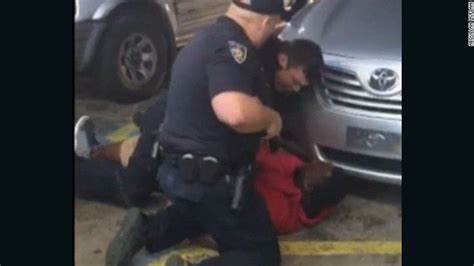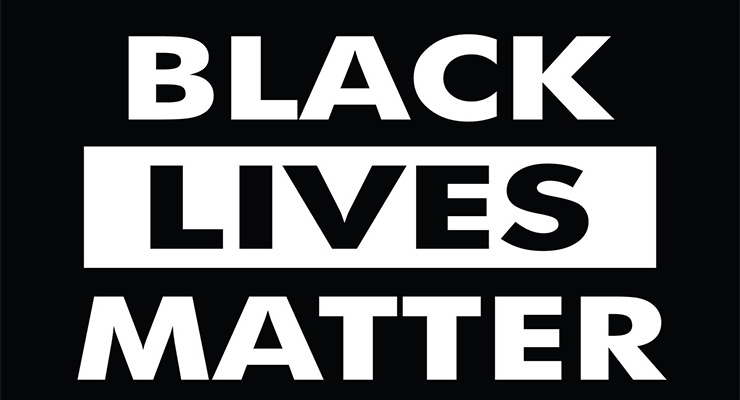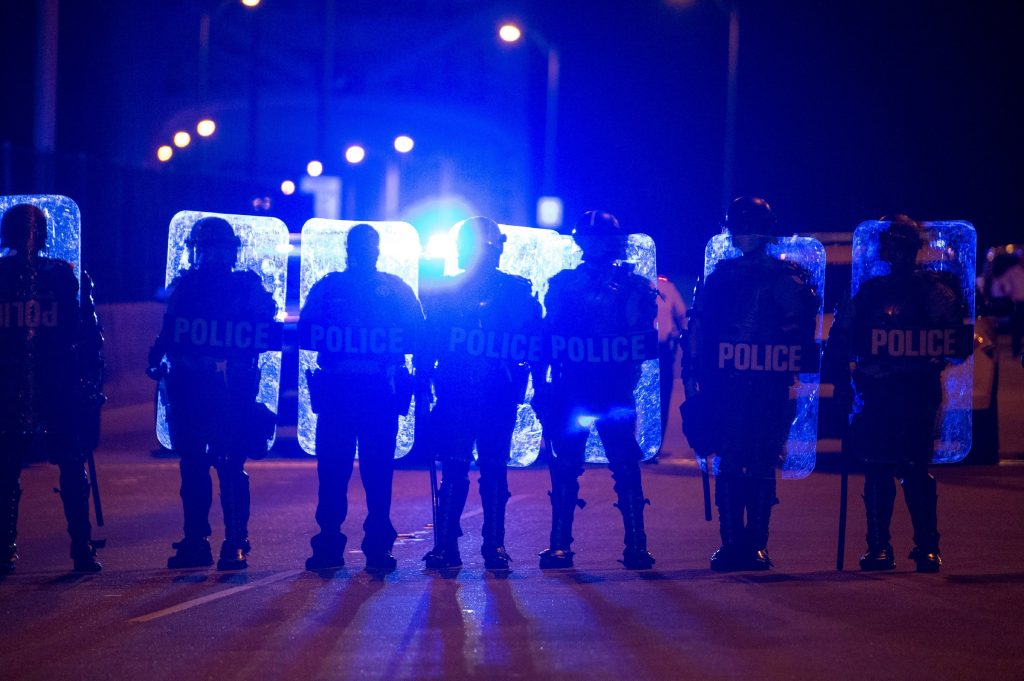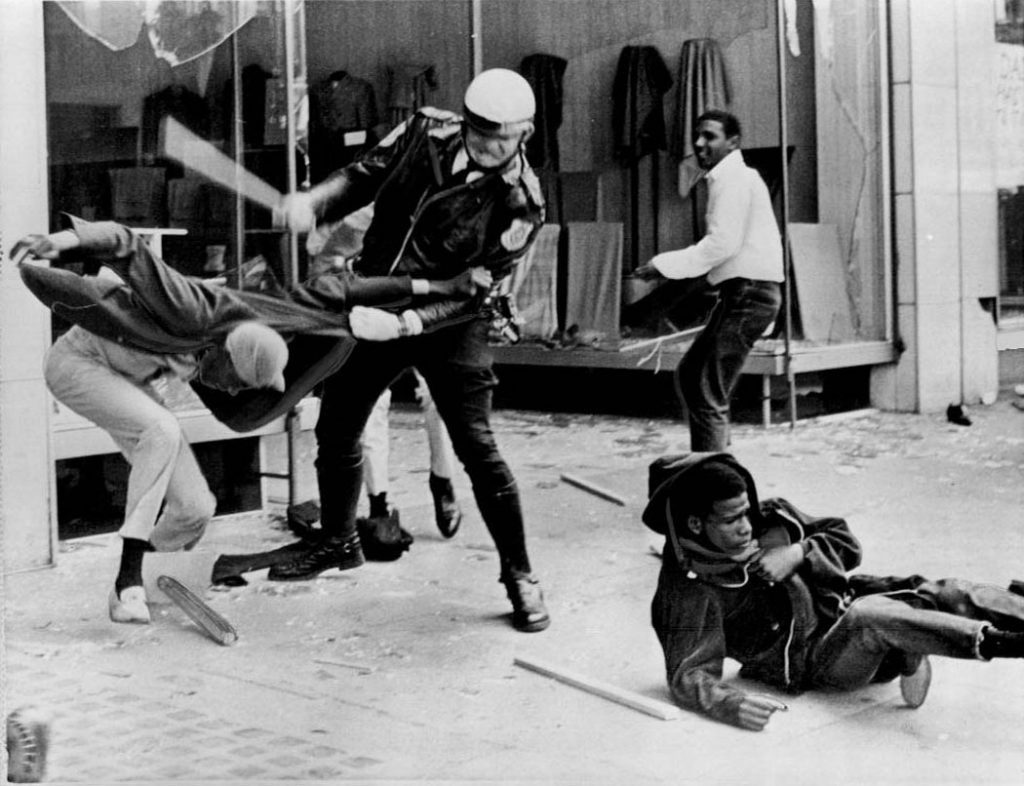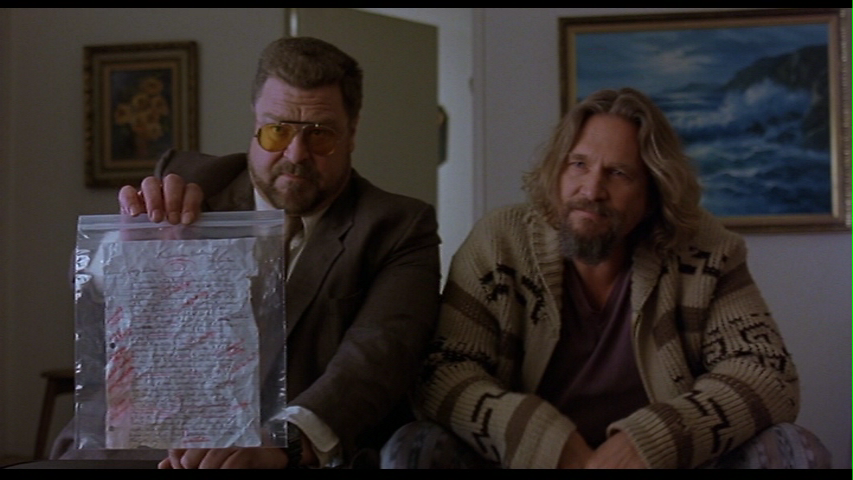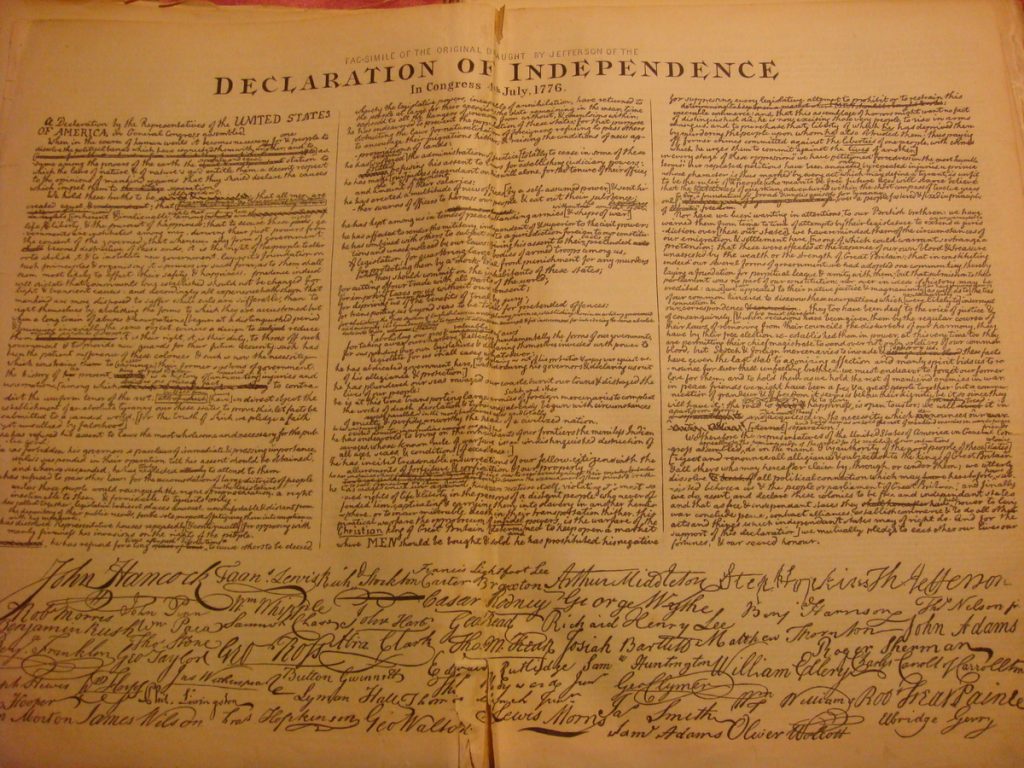
We are the descendants of rebels. It does not matter if you were born on this soil or not, we all proudly remember the Fourth of July, 1776. Every year we recall the hazardous and precedent-setting steps that our Founding Fathers took during the Revolutionary War. It is on this day in history, July 4, 1776, we presented a declaration that roared, no more would we be walked upon. No longer would we be treated unfairly. Never again would we live under the rule of an aristocratic system that inhibits our growth and our freedom. When I think about what that day must have been like, I get goosebumps. That was the day that the future framers of our Constitution breathed life into our Nation, creating (what was known then as the United Colonies but would become) the United States of America.
When I think about the defining characteristics of a true Patriot, the founding fathers are the first thing that springs to mind. However, they were not initially perceived by fellow colonists as patriots. Often, they were viewed as insurgents.
In fact, as the American Revolutionary War surged on all around them, the use of the word patriot became synonymous with sedition. Rebels who would fight against a monarchy for independence. Patriots, such as our founding fathers, believed that they were standing up for what is right, no taxation without equal representation, et cetera. Interestingly, the period was also filled with “loyalists,” those who were loyal British subjects who felt it necessary to steadfastly stand by the monarchy. As those thirteen colonies rejected British rule, the word “patriot” became intertwined with the fight for freedom.
I find it fascinating that even in our nation’s infancy, citizens disagreed on the best course of action to take. The best path on which to walk towards the future. On that point, not much has changed. However, I cannot help but notice that the gulf between the two parties has grown. In fact, it is reaching a chasm similar to what our Founding Fathers experienced.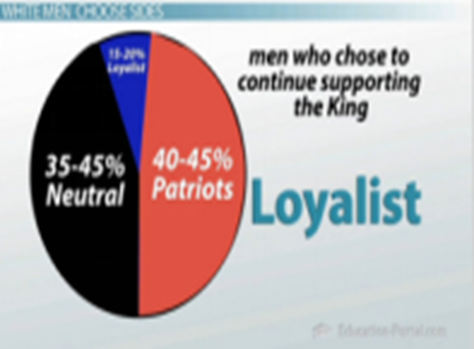
In an article published by Pew Research Center entitled, “The Partisan Divide on Political Values Grows Even Wider,” it was noted that “In nearly every domain, across most of the roughly two dozen values questions tracked, views of Republicans and Republican-leaning independents and those of Democrats and Democratic-leaners are now further apart than in the past.”
The same article stated that, “Across 10 measures that Pew Research Center has tracked on the same surveys since 1994, the average partisan gap has increased from 15 percentage points to 36 points.” It concluded that, “The divisions between Republicans and Democrats on fundamental political values on government, race, immigration, national security, environmental protection and other areas reached record levels during Barack Obama’s presidency. In Donald Trump’s first year as president, these gaps have grown even larger.”
The division doesn’t just exist in America’s voting population. It exists within the government itself. A recent Pew Research survey found that “thirty-six percent of Republicans thought that liberal policies are a threat to the nation’s well-being, [while] twenty-seven percent of Democrats feel the same way about conservatives.” The situation is so dire that many hardliners refuse to work with the other side, which dead locks any chance to move forward on issues. If we care more about the party we are with than finding a way to work together, gridlock will persist. Like the way that art or architecture mirrors the period it is created in, the gridlock we see in our government is mirrored in the citizens of the country. As the chasm between those in red and those in blue grows, we grow farther apart. It is not red or blue that is the answer. It is meeting somewhere in between the two party’s political beliefs. It is letting go of both red and blue that we, as a Nation, can be united again.
As Independence Day draws closer I find myself wondering what our founding fathers would say about modern Americas perception of who is and who is not a Patriot. They were in the fox holes creating a nation that was bound to become forefront on the international stage. A nation that some would say was destined to become the most powerful on the face of the earth. We know that they felt excited for the future July 4th celebrations. That they knew that as the entire world watched, breath held, they were beginning an experiment in democracy. In a letter to his wife, the second President of the United States, John Adams, wrote about how the fourth would be celebrated in the years to come. “It ought to be solemnized with pomp and parade, with shows, games, sports, guns, bells, bonfires, and illuminations, from one end of this continent to the other, from this time forward forever more.” I believe that most Americans would agree that our founding fathers are the quintessential example of a patriot. However, as they were not wholly perceived that way by all their fellow colonists, perhaps we should look at a more literal definition to clarify exactly what a patriot is.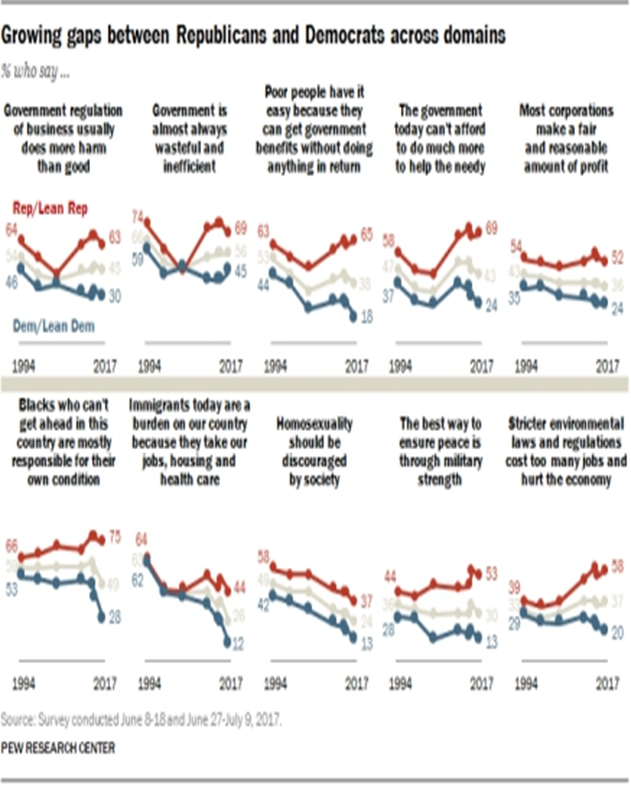
Merriam Webster defines patriotism as, “love or devotion to one’s country” and patriot as “one who loves and supports his or her country.” This definition doesn’t specify how one should behave in a manner to show love and support for their country. So, the question may seem simple at first glance, but the answer will inevitably depend upon a persons’ individual beliefs. To explore this question fully, I took a closer look at the history of the word, origin and meaning of patriotism. Let’s start with the word “compatriot.” A compatriot is defined by Merriam Webster as, “a person born, residing, or holding citizenship in the same country as another.” The use of this word is referenced during a period in which political unrest (associated with religious beliefs specifically Protestant and Catholic) caused infighting in Western Europe. The word compatriot became patriot and adjectives such as good linked to the word signifying those of like mind who were born, resided in, or held citizenship in a country. Essentially, as history unfolded the word patriot changed to represent the beliefs of the time. However, there is still quite a bit of the compatriot in our American perception of patriotism.
By that, I mean that many of us seem to attach true patriotism to our own personal beliefs. For example, San Francisco 49ers quarterback Colin Kaepernick and other NFL players kneeling during the National Anthem brought about roars from both sides of the fence. Those cloaked in red, such as Carole Isham (a great-great-great-granddaughter of the writer of the national anthem, Francis Scott Key) spoke of the disrespect that kneeling during the anthem shows to our country. Her response is as follows: “it just blows my mind that somebody like (Kaepernick) would do what he does to dishonor the flag of this country and the national anthem when we have young men and women overseas fighting for this country, people that have died for this country.” Those cloaked in blue spoke of the touching, important and powerful message kneeling portrays. For example, In his article “Kneeling for Life and Liberty Is Patriotic” in The Atlantic, Conor Friedersdorf wrote, “In bravely dissolving political bonds with Britain, Thomas Jefferson set forth the premise of the United States, the core ideas around which his countrymen rallied: ‘that all men are created equal, that they are endowed by their Creator with certain unalienable Rights, that among these are Life, Liberty and the pursuit of Happiness.’ These original patriots risked death and pledged their sacred honor to those truths, for which they are properly honored, even in spite of their serious failures. Now as then, allegiance to those Founding principles is what defines a patriotic American, not whether he or she stands or kneels while an anthem about the flag is performed.”
In all actuality, the defining characteristics of a patriot is one who loves their country. It is the way that each individual show that love or their patriotism that begins to mire the meaning for those who do not agree with them. Colin Kaepernick believes that it is his responsibility as an American citizen to protest about racial injustice not only present but prevalent in the United States. He stated, “To me, this is bigger than football and it would be selfish on my part to look the other way.” Carol Isham believes that the act of kneeling during the National Anthem is disrespectful. These are two perceptions of one event. It is the perception of these events that differs so vastly. My patriotism will inevitably differ from my neighbors. In all honesty, when I read about Kaepernick’s reasons for kneeling, I am reminded of a quote from Eleanor Roosevelt: “True patriotism springs from a belief in the dignity of the individual, freedom and equality not only for Americans but for all people on earth, universal brotherhood and good will, and a constant and earnest striving toward the principles and ideals on which this country was founded.” So, on this most precious of holidays, I repeat the question, “what is a true patriot?” Is it the person who kneels to protest or the person who believes that kneeling during the anthem is wrong? Perhaps we are looking at this wrong. Perhaps in cloaking ourselves in the perceptions of either red or blue, we are missing the point entirely.
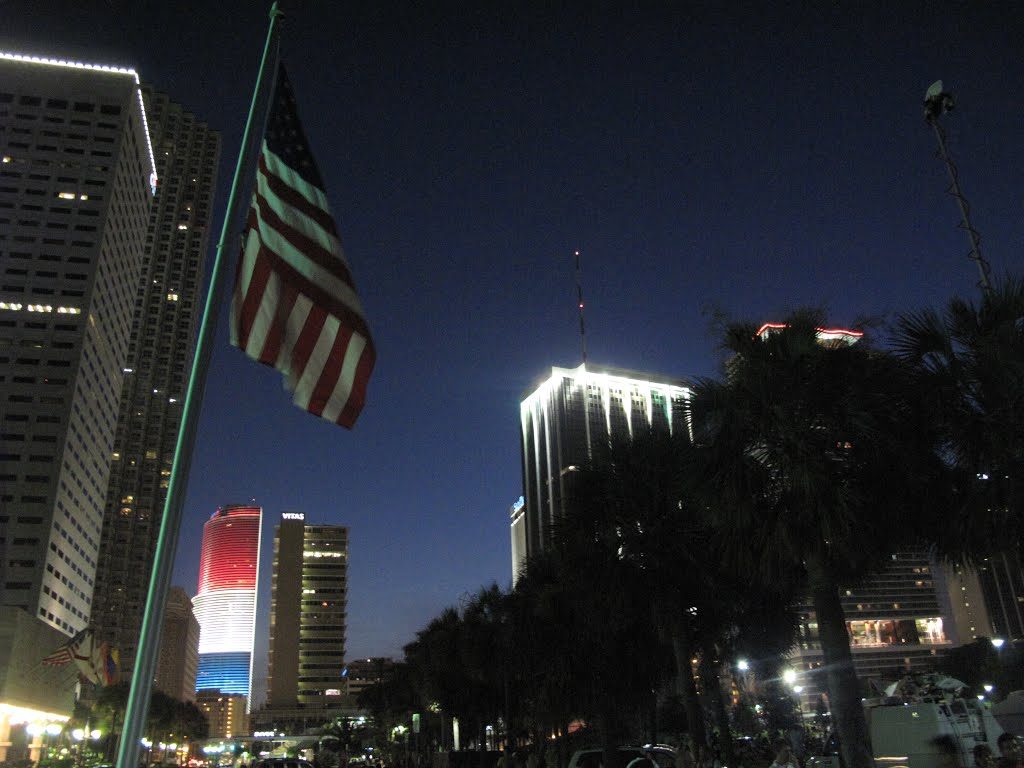 In an article from Psychology today titled, “Is American Patriotism Getting Out of Hand?” author David Niose writes, “Love of one’s country—its culture, its people, its history, etc.—is an understandable human phenomenon, perfectly natural and not inherently problematic. A healthy patriotism would reflect that attachment without simultaneously stirring up egotism, aggression, and hostility. Sadly, such is not the state of American patriotism today.” This is easy to see with one look at social media. Today, one citizens patriotism is often perceived by another citizen as proof of disloyalty. So much anger erupted from one man standing up (or rather kneeling) for what he believes in and the saddest part of it all is that his message was missed by many who perceived his taking a knee as an attack rather than an impassioned plea against violence. In the same publication, PsyD Michael B, Brennon wrote, “As a veteran and a psychologist who treats veterans struggling with experiences that they endured during their military service, my initial reaction was one of defense for the National Anthem, the veteran community, and this country. However, as I began to reflect more on the larger issue at hand and as I examined the perspective of those who are choosing to kneel during the National Anthem, it also became apparent that those choosing to kneel have a valid and justified argument as well. Upon stepping back and taking an objective view of the current National Anthem debate, I can see both sides have valid reasoning for which there is strong conviction and emphasis.” He goes on to explain that it is important to take a moment to see things from the other persons perspective.
In an article from Psychology today titled, “Is American Patriotism Getting Out of Hand?” author David Niose writes, “Love of one’s country—its culture, its people, its history, etc.—is an understandable human phenomenon, perfectly natural and not inherently problematic. A healthy patriotism would reflect that attachment without simultaneously stirring up egotism, aggression, and hostility. Sadly, such is not the state of American patriotism today.” This is easy to see with one look at social media. Today, one citizens patriotism is often perceived by another citizen as proof of disloyalty. So much anger erupted from one man standing up (or rather kneeling) for what he believes in and the saddest part of it all is that his message was missed by many who perceived his taking a knee as an attack rather than an impassioned plea against violence. In the same publication, PsyD Michael B, Brennon wrote, “As a veteran and a psychologist who treats veterans struggling with experiences that they endured during their military service, my initial reaction was one of defense for the National Anthem, the veteran community, and this country. However, as I began to reflect more on the larger issue at hand and as I examined the perspective of those who are choosing to kneel during the National Anthem, it also became apparent that those choosing to kneel have a valid and justified argument as well. Upon stepping back and taking an objective view of the current National Anthem debate, I can see both sides have valid reasoning for which there is strong conviction and emphasis.” He goes on to explain that it is important to take a moment to see things from the other persons perspective.
The thing is, most of us are patriots who love our country dearly and hold true to the values of life, liberty and the pursuit of happiness. I am of the belief that our way becomes lost when we adhere to a side. When we grip tightly to the red or the blue rather than doing our very best to empathize with the other side, we are letting down the country we love so dearly. For when we grip to red or blue we are limiting the opportunity of seeing the often-nuanced answers that lay between those two beliefs. In doing so, we lose the chance to broaden our beliefs and horizons. Our chance to fully entertain another way of looking at or addressing real issues that Americans face each day. It is simple to understand and support someone who agrees with you.
In order to reach the higher level of conviction that our nation deserves, we must understand those we do not agree with. So, how can patriotism be properly defined in a time in which the partisan gulf is larger than it has been in American History? The answer is simple, but implementing it is far more difficult. We begin to listen, respond and speak to one another with civility. I say this because those who approve of the status quo and those who protest said status quo have a common and powerful link that is undeniably amazing.
No matter our beliefs or political affiliations, we are all Americans.
